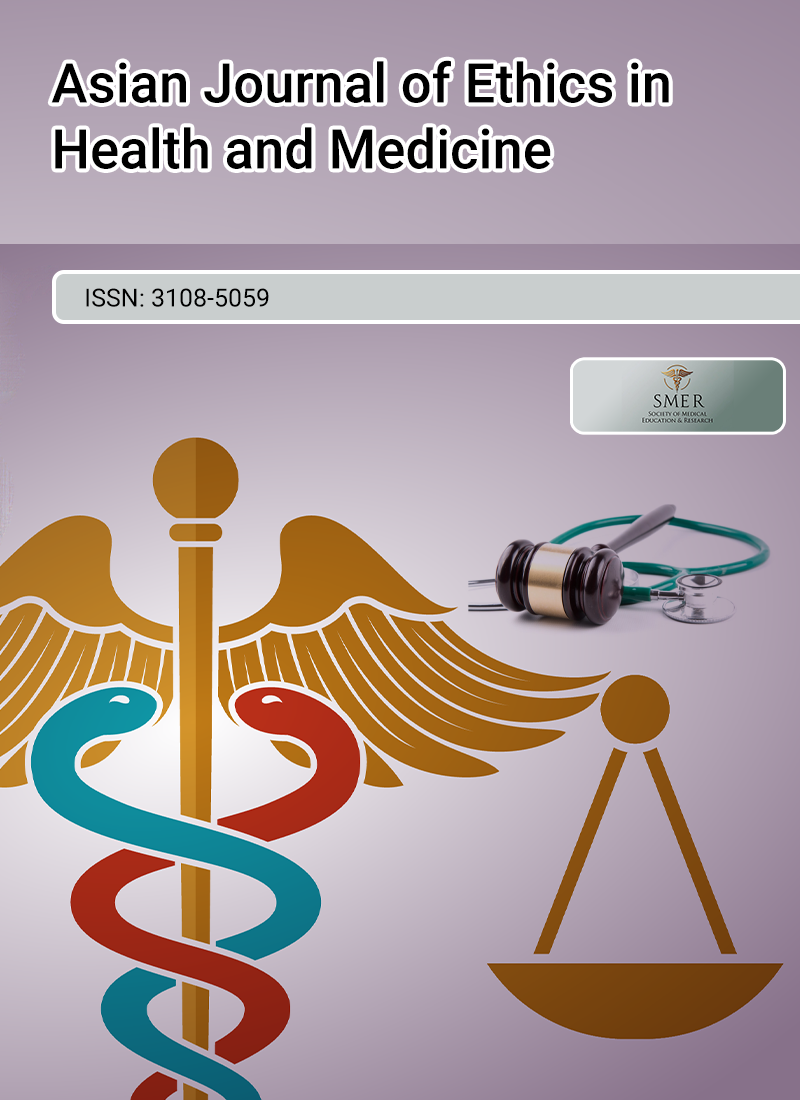
Children born as a result of sexual violence during armed conflicts often suffer unjustly, with both they and their mothers sometimes held accountable for crimes they did not commit. This study emphasizes the need to protect these children and ensure they receive equal treatment as their peers regarding birth registration, healthcare, and education. The discussion covers the definition of sexual violence, general principles for child protection, and international efforts aimed at safeguarding children born from such violence. The study also addresses the threat of human trafficking, highlighting its status as a crime against humanity and its implications for the global community. It examines the concepts of human trafficking under both national and international laws, detailing the substantive and procedural aspects relevant to investigation and trial processes, particularly given the need for international cooperation through treaties and agreements. Additionally, the study highlights Iraq’s measures to combat human trafficking under Law No. 28 of 2012 and related committees in the Kurdistan Regional Government. The study concludes that international organizations must ensure adequate protection for these children and strengthen global cooperation to facilitate thorough investigations and trials. Effective enforcement relies on coordinated efforts, as the elements of this crime often span multiple countries; without such collaboration, perpetrators may evade justice.